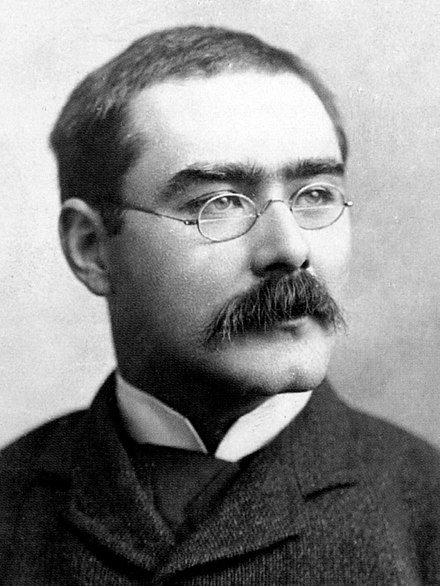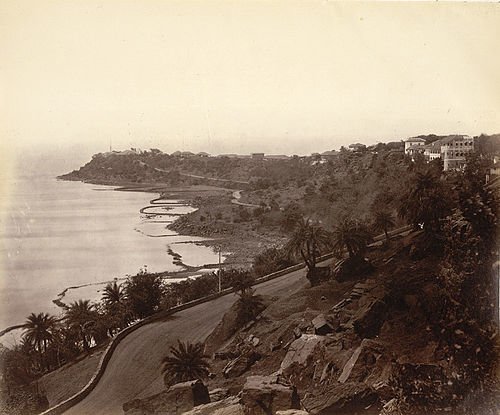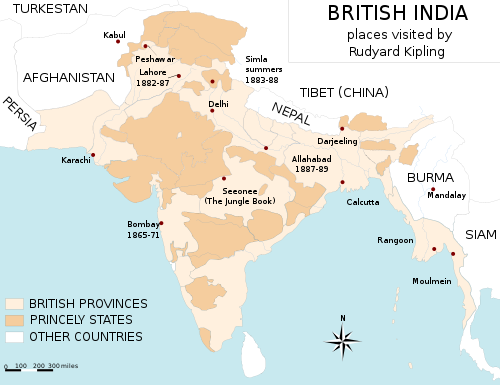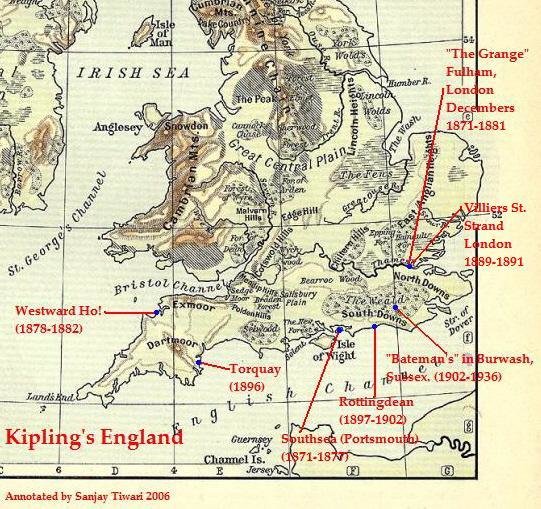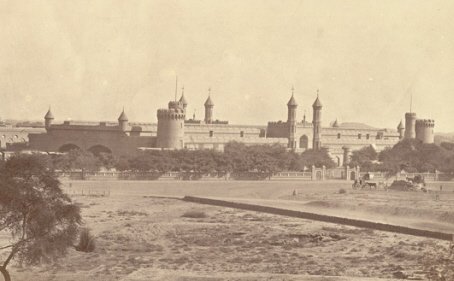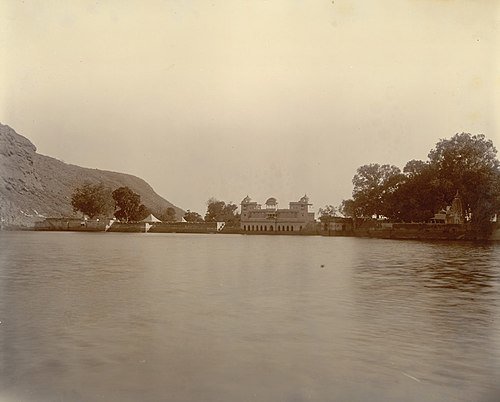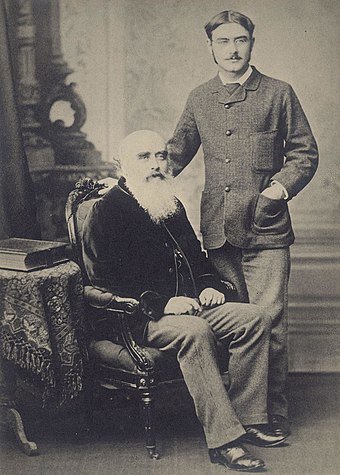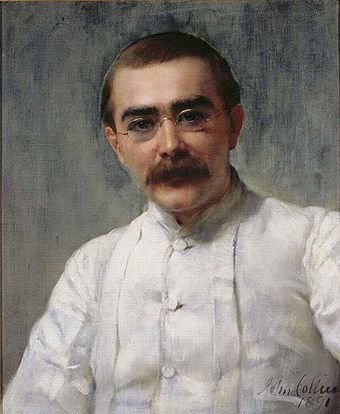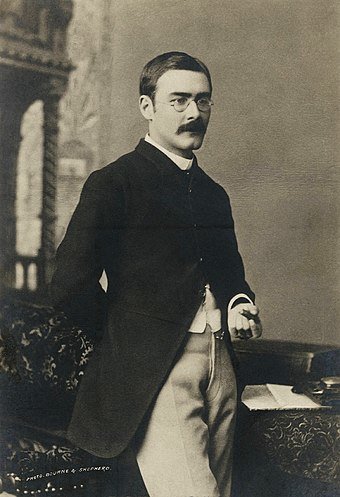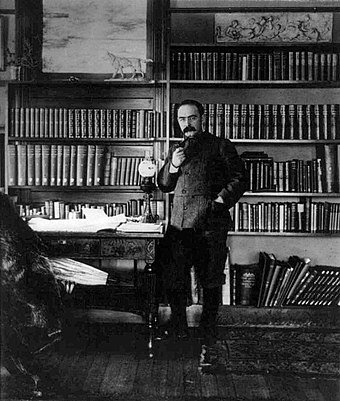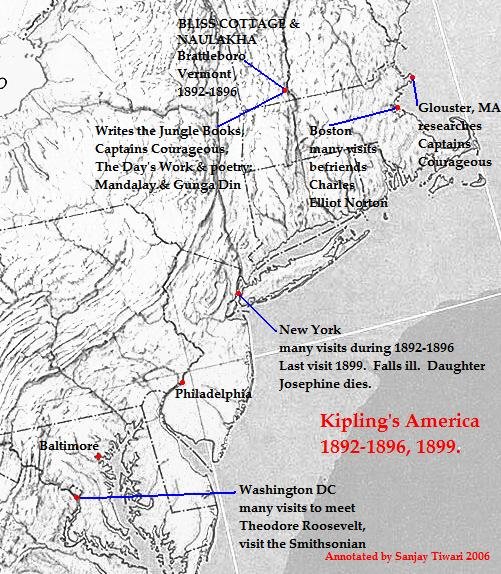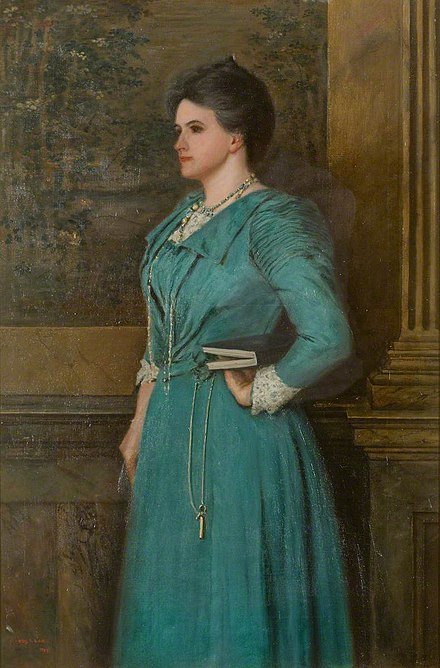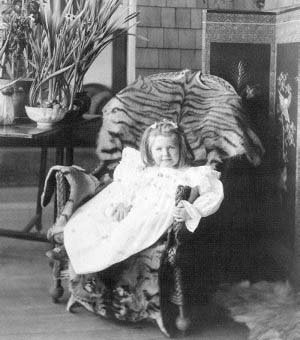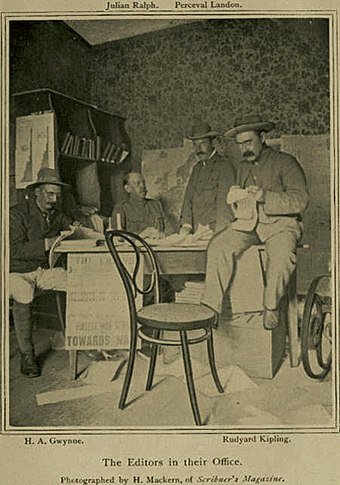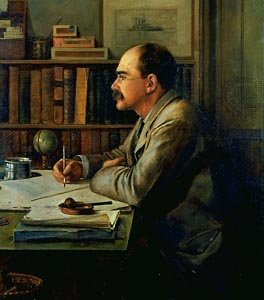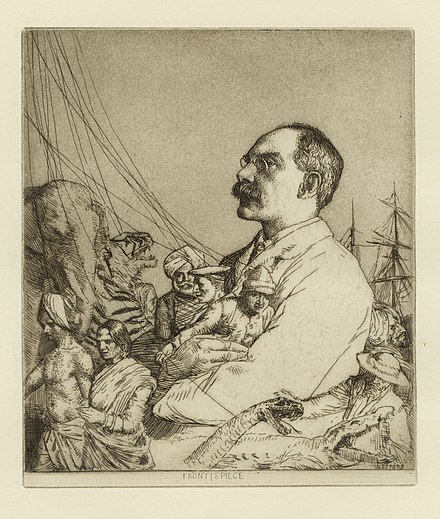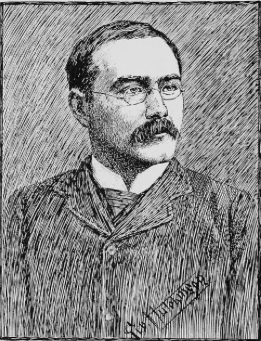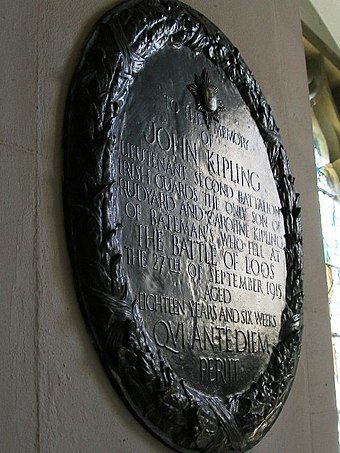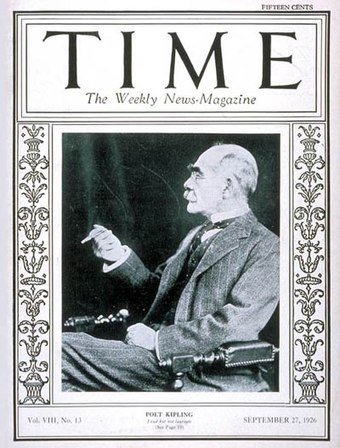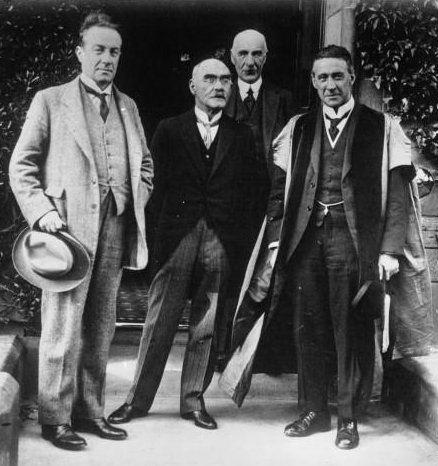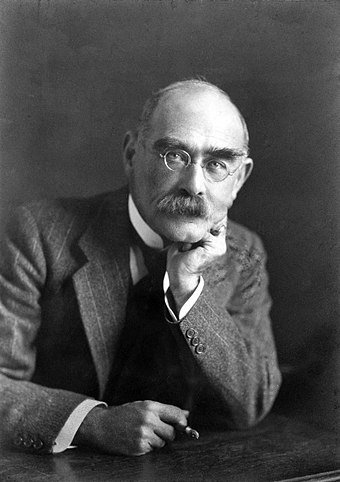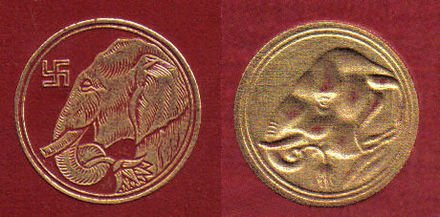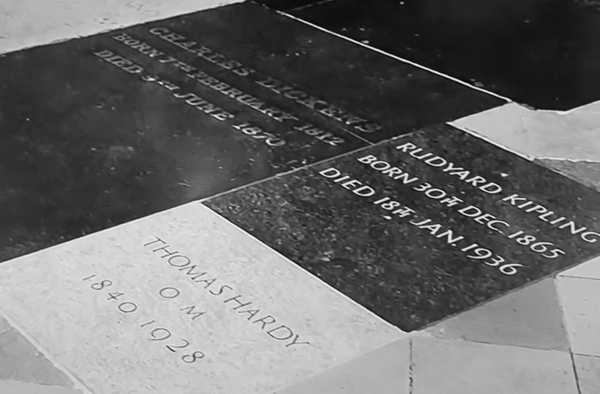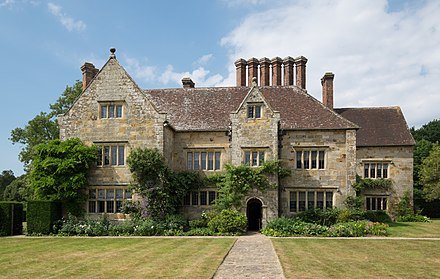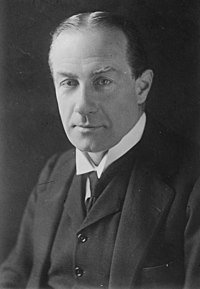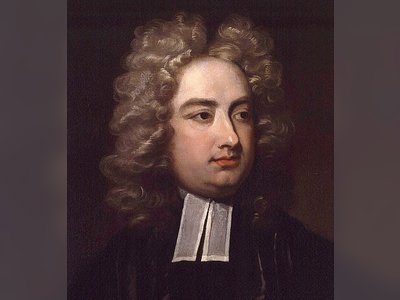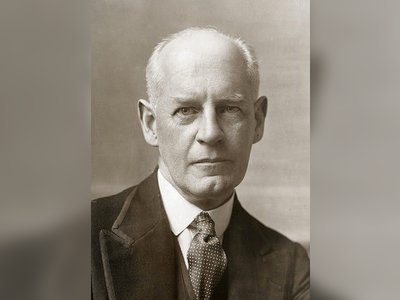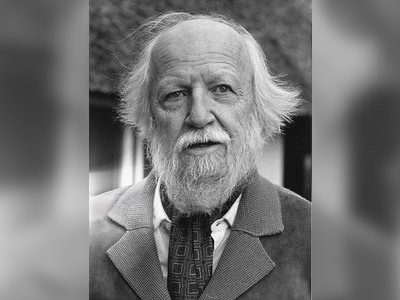British Heritage
Remember, Cherish, Learn.
beta
Rudyard Kipling - The Nobel Novellist of Empire
Contribution to British Heritage.
Rudyard Kipling, born in British India in 1865, was a versatile writer who made significant contributions to British literature and cultural heritage. His works have left a lasting impact on the literary landscape of the United Kingdom and beyond. Kipling's writings were deeply influenced by his experiences in India, and he skillfully portrayed the complexities of the British Empire through his novels, short stories, and poems.
Kipling's enduring legacy lies in his ability to provide readers with a profound understanding of how the British Empire was experienced and perceived during the late 19th and early 20th centuries. His works captured the spirit of the times, reflecting both the admiration and criticism of imperial expansion. The Jungle Book, one of his most famous works, showcased the cultural richness of India while employing animal characters as allegorical representations of human behavior. Through the adventures of Mowgli and his animal companions, Kipling shed light on the diversity and beauty of Indian wildlife and traditions, thereby contributing to a deeper appreciation of India's cultural heritage.
His literary prowess extended beyond The Jungle Book, as he explored a wide range of themes in his writing. Kim, another notable work, delved into the complexities of identity and national allegiance, touching upon the cultural clashes experienced by individuals in the colonial setting. "The Man Who Would Be King" exhibited Kipling's storytelling brilliance, illustrating the allure and pitfalls of imperialism.
During the late 19th and early 20th centuries, Rudyard Kipling emerged as one of the most popular and respected writers in the United Kingdom. His literary talents were widely recognized, and he received high praise from influential figures of his time. The renowned American author, Mark Twain, expressed admiration for Kipling's writing and had an amiable encounter with the British novelist.
In 1907, Kipling's literary achievements received international acclaim when he became the first English-language writer to be awarded the Nobel Prize in Literature. This prestigious accolade recognized his outstanding contributions to literature and his unparalleled narrative gifts. At the age of 41, he also became the youngest Nobel laureate to that date, a testament to the profound impact of his work on the literary world.
Born on December 30, 1865, in Bombay, British India, Kipling's early life was marked by exposure to the vibrant Indian culture and landscapes. His father, John Lockwood Kipling, was a sculptor and pottery designer, while his vivacious mother, Alice Kipling, was one of the noted MacDonald sisters. In 1871, Kipling and his younger sister were sent to live in England, an experience he described as "the House of Desolation," before being reunited with his family in India later on.
Kipling's literary journey began in British India, where he worked as a journalist for local newspapers, including the Civil and Military Gazette and The Pioneer. He developed a profound affection for India and its people, which became a central theme in many of his works. However, in 1889, he decided to move to London, seeking greater opportunities and recognition as a writer.
His marriage to Caroline Starr Balestier in 1892 resulted in the birth of three children. Settling in Vermont, USA, for a short period, the Kipling family experienced both triumphs and trials during this time. Nonetheless, they returned to England in 1896, where Kipling continued to produce remarkable literary works, including Captains Courageous and The Jungle Books.
In September 1896, they settled in Torquay, Devon, where Kipling's literary output remained prolific. His poems "Recessional" and "The White Man's Burden" stirred significant debate, reflecting the complexities of the British Empire and its global role.
Throughout his life, Kipling's work oscillated in reputation, affected by changing political and social climates. However, his undeniable narrative genius and ability to offer multifaceted perspectives on empire, culture, and identity solidified his position as a literary force to be reckoned with.
Rudyard Kipling's legacy is a reminder of the intricacies of colonialism and its impact on the people and places it touched. His contributions to British heritage continue to be celebrated, studied, and debated, making him an enduring figure in the annals of literature and cultural history.
Kipling's enduring legacy lies in his ability to provide readers with a profound understanding of how the British Empire was experienced and perceived during the late 19th and early 20th centuries. His works captured the spirit of the times, reflecting both the admiration and criticism of imperial expansion. The Jungle Book, one of his most famous works, showcased the cultural richness of India while employing animal characters as allegorical representations of human behavior. Through the adventures of Mowgli and his animal companions, Kipling shed light on the diversity and beauty of Indian wildlife and traditions, thereby contributing to a deeper appreciation of India's cultural heritage.
His literary prowess extended beyond The Jungle Book, as he explored a wide range of themes in his writing. Kim, another notable work, delved into the complexities of identity and national allegiance, touching upon the cultural clashes experienced by individuals in the colonial setting. "The Man Who Would Be King" exhibited Kipling's storytelling brilliance, illustrating the allure and pitfalls of imperialism.
Kipling's Success and Nobel Prize
During the late 19th and early 20th centuries, Rudyard Kipling emerged as one of the most popular and respected writers in the United Kingdom. His literary talents were widely recognized, and he received high praise from influential figures of his time. The renowned American author, Mark Twain, expressed admiration for Kipling's writing and had an amiable encounter with the British novelist.
In 1907, Kipling's literary achievements received international acclaim when he became the first English-language writer to be awarded the Nobel Prize in Literature. This prestigious accolade recognized his outstanding contributions to literature and his unparalleled narrative gifts. At the age of 41, he also became the youngest Nobel laureate to that date, a testament to the profound impact of his work on the literary world.
Kipling's General Info
Born on December 30, 1865, in Bombay, British India, Kipling's early life was marked by exposure to the vibrant Indian culture and landscapes. His father, John Lockwood Kipling, was a sculptor and pottery designer, while his vivacious mother, Alice Kipling, was one of the noted MacDonald sisters. In 1871, Kipling and his younger sister were sent to live in England, an experience he described as "the House of Desolation," before being reunited with his family in India later on.
Kipling's literary journey began in British India, where he worked as a journalist for local newspapers, including the Civil and Military Gazette and The Pioneer. He developed a profound affection for India and its people, which became a central theme in many of his works. However, in 1889, he decided to move to London, seeking greater opportunities and recognition as a writer.
His marriage to Caroline Starr Balestier in 1892 resulted in the birth of three children. Settling in Vermont, USA, for a short period, the Kipling family experienced both triumphs and trials during this time. Nonetheless, they returned to England in 1896, where Kipling continued to produce remarkable literary works, including Captains Courageous and The Jungle Books.
In September 1896, they settled in Torquay, Devon, where Kipling's literary output remained prolific. His poems "Recessional" and "The White Man's Burden" stirred significant debate, reflecting the complexities of the British Empire and its global role.
Throughout his life, Kipling's work oscillated in reputation, affected by changing political and social climates. However, his undeniable narrative genius and ability to offer multifaceted perspectives on empire, culture, and identity solidified his position as a literary force to be reckoned with.
Rudyard Kipling's legacy is a reminder of the intricacies of colonialism and its impact on the people and places it touched. His contributions to British heritage continue to be celebrated, studied, and debated, making him an enduring figure in the annals of literature and cultural history.
- Rudyard Kiplingen.wikipedia.org
